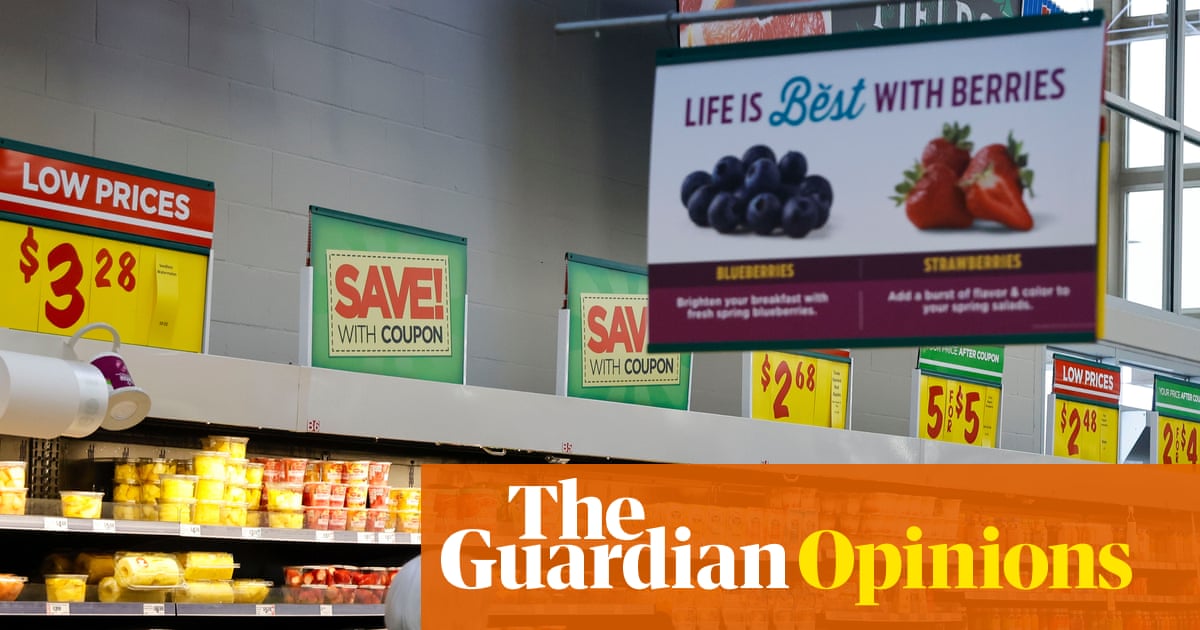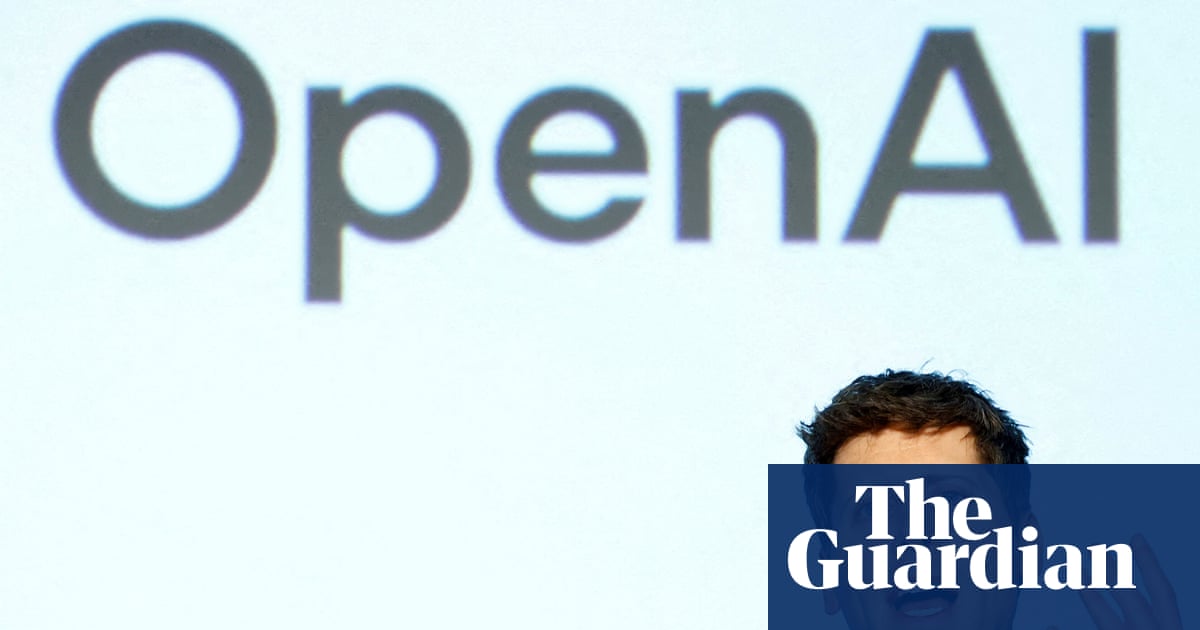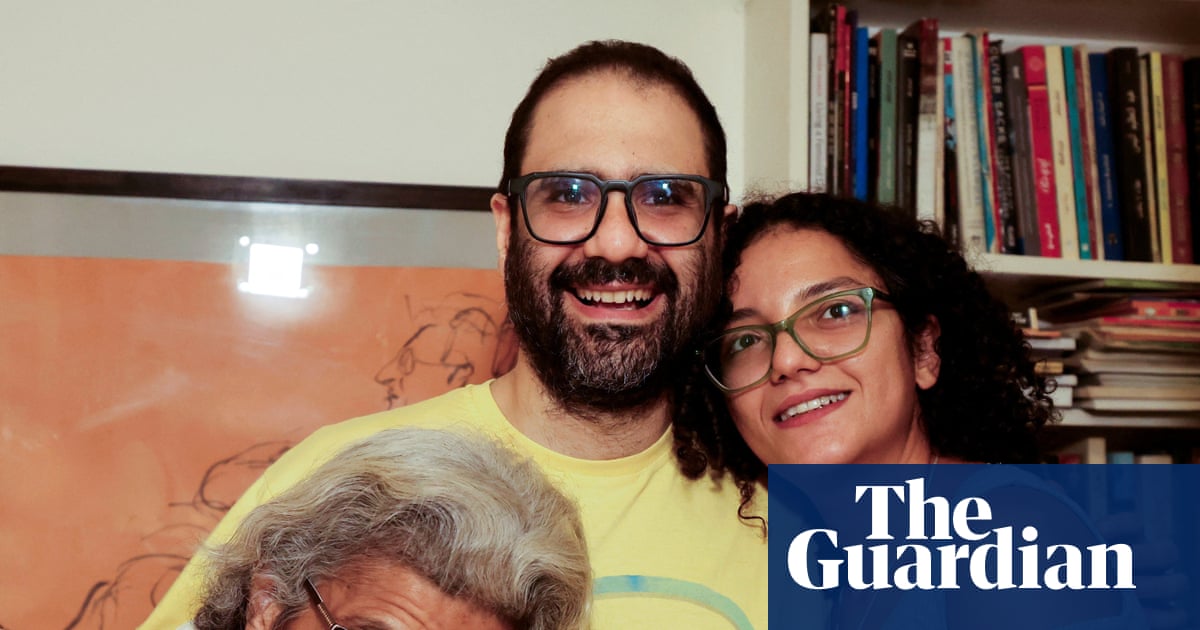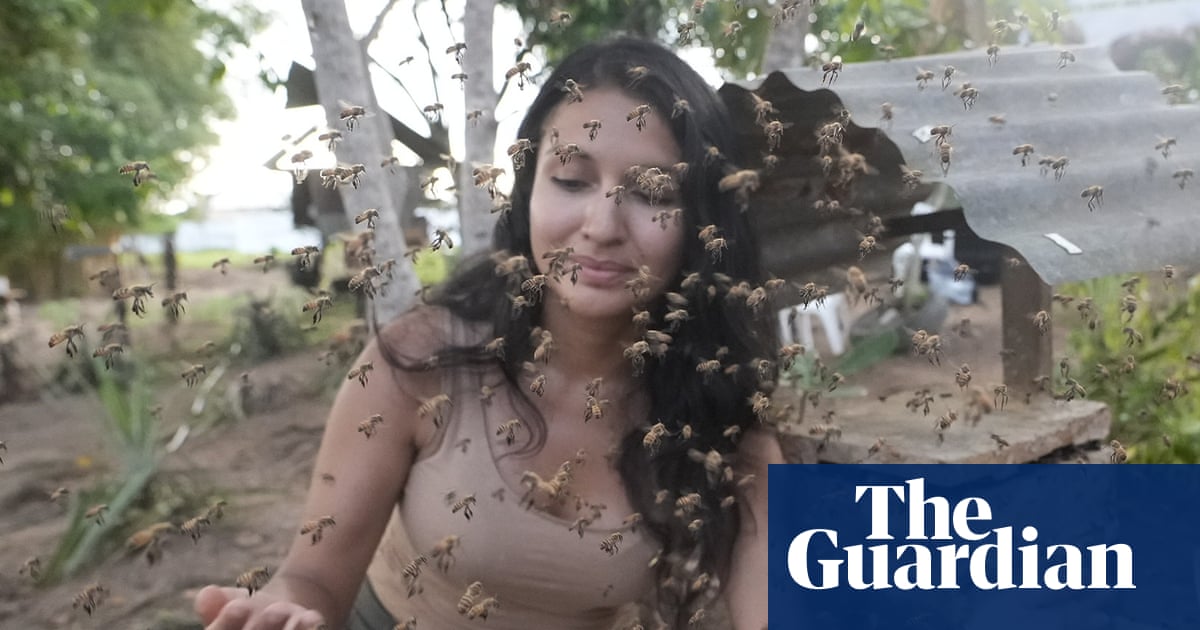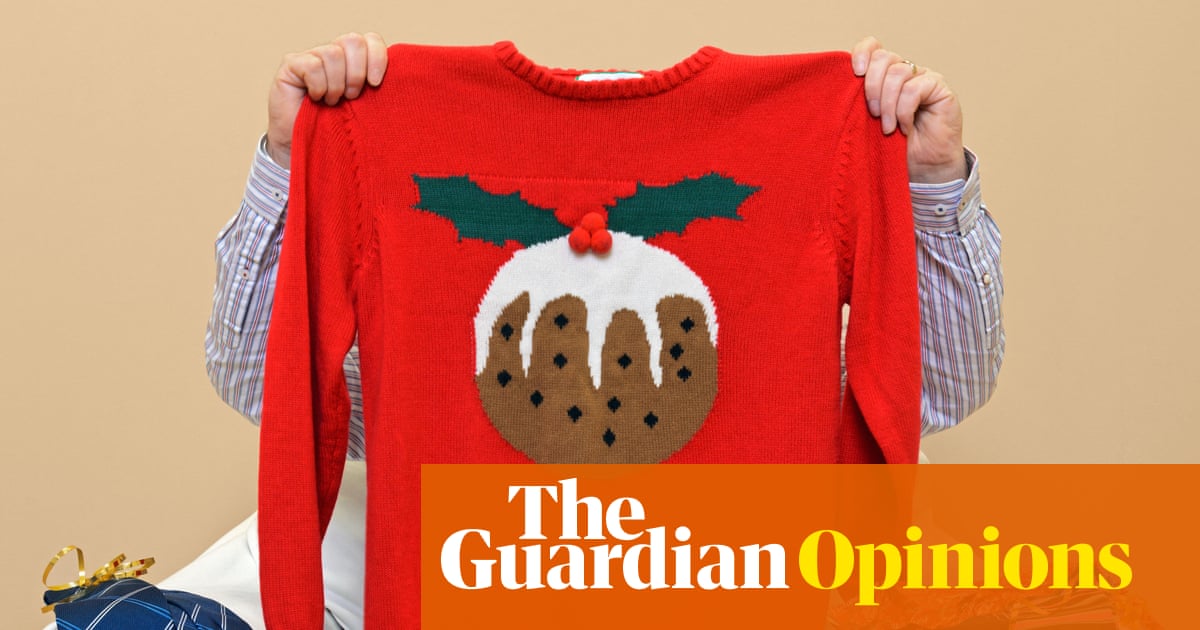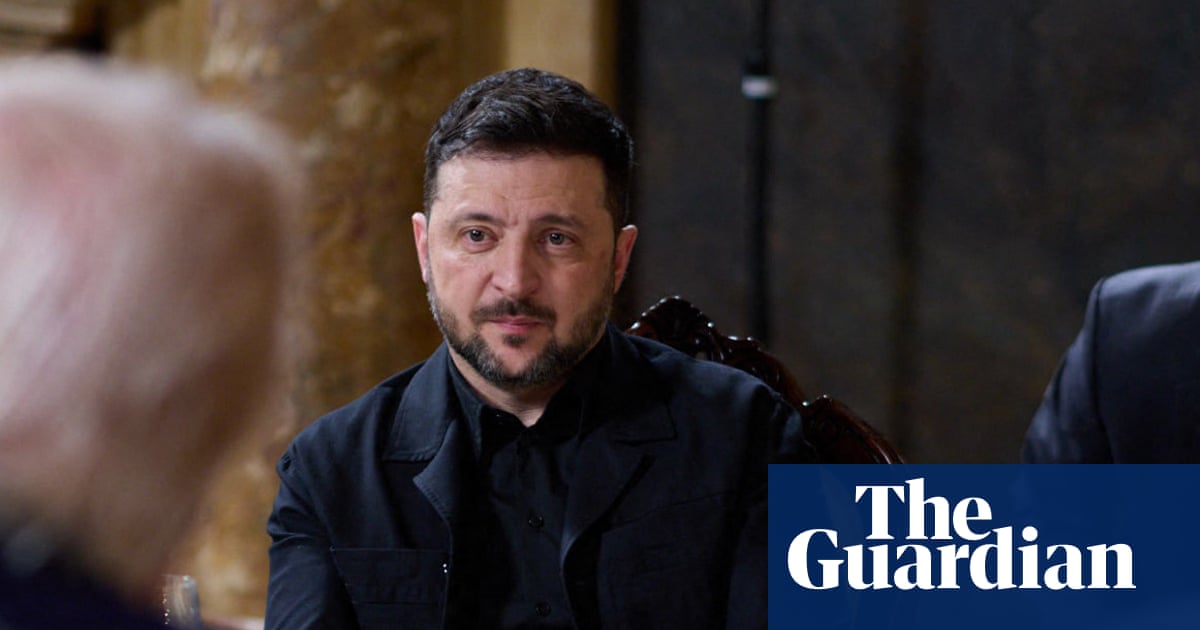On a Friday evening at El Caporal, a southern California restaurant, the dining room buzzed with chatter. For owner Neddy Morelos, the soundtrack was a welcome contrast to the silence of other nights when employees joked that they could hear a fly flap its wings.
For the first time since January, when the Eaton fire bore down on her restaurant on Fair Oaks Avenue, a busy thoroughfare in Altadena, every vaquero-themed banquette was filled with hungry customers.
“I love it,” said Morelos, 45, between taking orders and delivering steaming plates of birria and carnitas. “Listen to all the small talk.”
Welcome to the Altadena Dining Club. Unlike other exclusive clubs that dot Los Angeles, the cost of membership is free. Many dining club members lost homes and community cornerstones in the fire, but that unfortunate credential isn’t required.
Come as you are, members say.
“We are kind of like a little misfit sort of group,” said Brooke Lohman-Janz, dining club founder and an Altadena resident who lost her apartment in the fire.
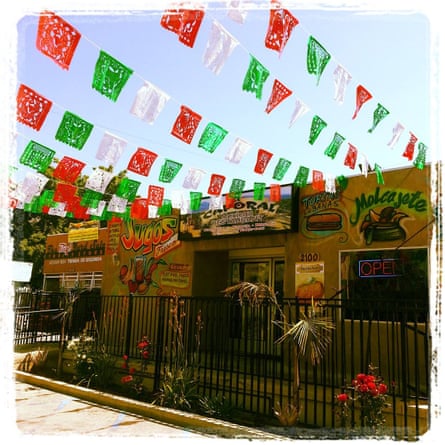
Mundane conversation is a luxury for this group – many were strangers before one of the most destructive wildfires in California history leveled parts of their community. The businesses that remain – restaurants like El Caporal – report dips in sales.
United by tragedy, the dining club aims to save one struggling restaurant in Altadena at a time. Since June, the dining club has rotated through eight restaurants – most are family-owned like El Caporal, where Morelos’s husband, Francisco Cortez, works the kitchen.
The dining club events offer vital economic boosts for participating restaurants, but along the way, something unexpected happened – neighbors who once only waved at each other shared meals together. Grief gave way to text chain jokes. Real connections blossomed between strangers who, before the fire, shared little more than a common zip code.
“Even now, we’re still meeting new people and sharing our experiences over a meal,” said Benji Zobrist, an Altadena resident. “That kind of connection – with people who understand – you can’t find that just anywhere.”
A blueprint for recovery
In southern California, where friends cancel plans to see each other if it means sitting in traffic, Kitty McCormick braved rush hour from mid-city Los Angeles to be a part of the dining club experience. Since losing her Altadena home in the Eaton fire, McCormick said she has been intentionally filling her calendar with social events like these to keep connected with the community she was forced to leave.
So do Hector and Esmerelda Rodas, who travel from the nearby suburb of Glendale, where they live as part of the post-fire diaspora. The couple has called Altadena home for 36 years. How could they imagine living anywhere else?
The collective grief here is so profound, many residents say it’s difficult to relate to people who haven’t gone through the same experiences.
“It’s such a big looming thing that the only people I really want to sit next to are other people that also are dealing with such a big loss,” said Marialyce Pedersen.
When these residents meet someone new, it can feel difficult to know where to introduce the grief. In the silence between exchanges about the weather, when do they introduce the contours of their tragedies? Pedersen’s two-bedroom Spanish-style home was destroyed in the fire.
“Do I bum them out by telling them my house just burned down and ruin their day?” said Pedersen, 61. “Or do I just not say anything? And then you feel like you’re not being true to yourself.”
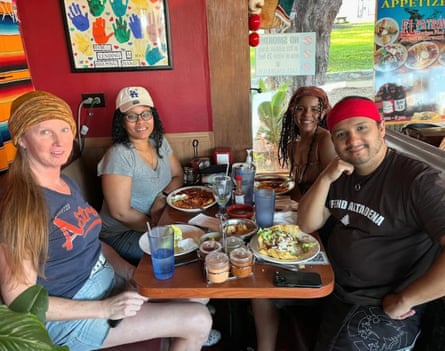
Through the dining club, residents have found a way to support local businesses – and one another. After a disaster, mental health experts say that’s exactly what communities need to heal. What’s happening with the dining club can be a model for post recovery efforts for future disaster responses.
“What you’re seeing in Altadena is a natural outgrowth of a very smart intervention,” said Dr Vickie M Mays, a psychology professor at UCLA who provided support to the New Orleans community after Hurricane Katrina.
When disasters scatter neighborhoods, one of the best things to do is to bring people back together as soon as possible, said Mays.
The dining club is doing just that.
Before and after disasters, we need to rethink who can be voices of authority, Mays said. Groups like the dining club should be listened to and relied upon as models to guide other recovery efforts.
At the dining club, conversations almost always start out fire-related, said Lohman-Janz, 37. But then it goes deeper, especially as people keep coming back to the weekly events. Sometimes food drifts to tables slowly. But at this dining club, the food is the point – and not the point at the same time.
“I found a place where now I can belong and find refuge, find friendships, and people,” said Zobrist, 33. “It’s fun to eat out. It’s essential to help businesses. There’s a lot of dynamics to it, but what keeps me coming back is a sense of belonging, a sense of purpose, a sense of safety.”
More than food on the table
The dining club is not just about eating – members mix in social activities like yoga and karaoke. Most of the restaurants in the Altadena Dining Club aren’t fine dining establishments – think a burger joint, a family-run Greek spot, and a Thai restaurant with a view of cleared lots across the street. Eating out in Altadena means confronting the fire’s toll.
The Eaton fire destroyed longstanding neighborhood restaurants in Altadena like The Little Red Hen Coffee Shop and Fox’s. In the aftermath, others shuttered, including AltaEats, a 12-year-old neighborhood restaurant that didn’t have an outdoor sign until one appeared in June announcing the space was for sale.
Morelos feels fortunate that her restaurant, El Caporal, is still standing. Just a few blocks north, empty lots line the street where houses and businesses used to be. Overnight, her regular customers vanished. Post-fire, sales have been down 50%.
She is no stranger to the volatility of the business. Morelos has worked in restaurants since the age of 14. Her mother ran Tonny’s, a now shuttered restaurant in the neighboring city of Pasadena, where the carnitas plate once earned praise from food critic Jonathan Gold. But El Caporal, which Morelos opened in Altadena in 2012, is different.
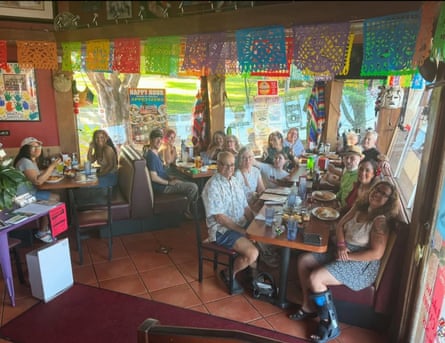
“That’s my baby,” she said.
In that way, Morelos can understand the feeling of uncertainty that permeates Altadena. The dining club event gave her a bump in sales. She wants to participate again.
For many, this group represents something bigger.
Kelly Guzman likes to think of herself as an optimistic person, even after losing her home in the fire.
“As long as I can keep moving forward,” said Guzman, 55. “I’m feeling hopeful.”
After the fire came waves of grim reports: fear of contaminated soil, unsafe drinking water, and questions about whether Altadena could ever be safe to live in again. The dining club, which has drawn residents scattered across the region, is a balm.
“When I hear other people that don’t want to give up on Altadena, then I feel it’s like, OK, we can make it,” said Guzman.
Lohman-Janz hopes to expand the dining club to include smaller restaurants. She plays host at every event, greeting guests with raffle tickets (prizes are usually Altadena-themed merchandise, of course). Her work on the dining club is voluntary, and she plans to keep it going as long as Altadena needs.
“Because if you’re committed to staying in Altadena, I think that there’s a responsibility,” said Lohman-Janz. “I think that goes with it.”

 3 months ago
61
3 months ago
61







